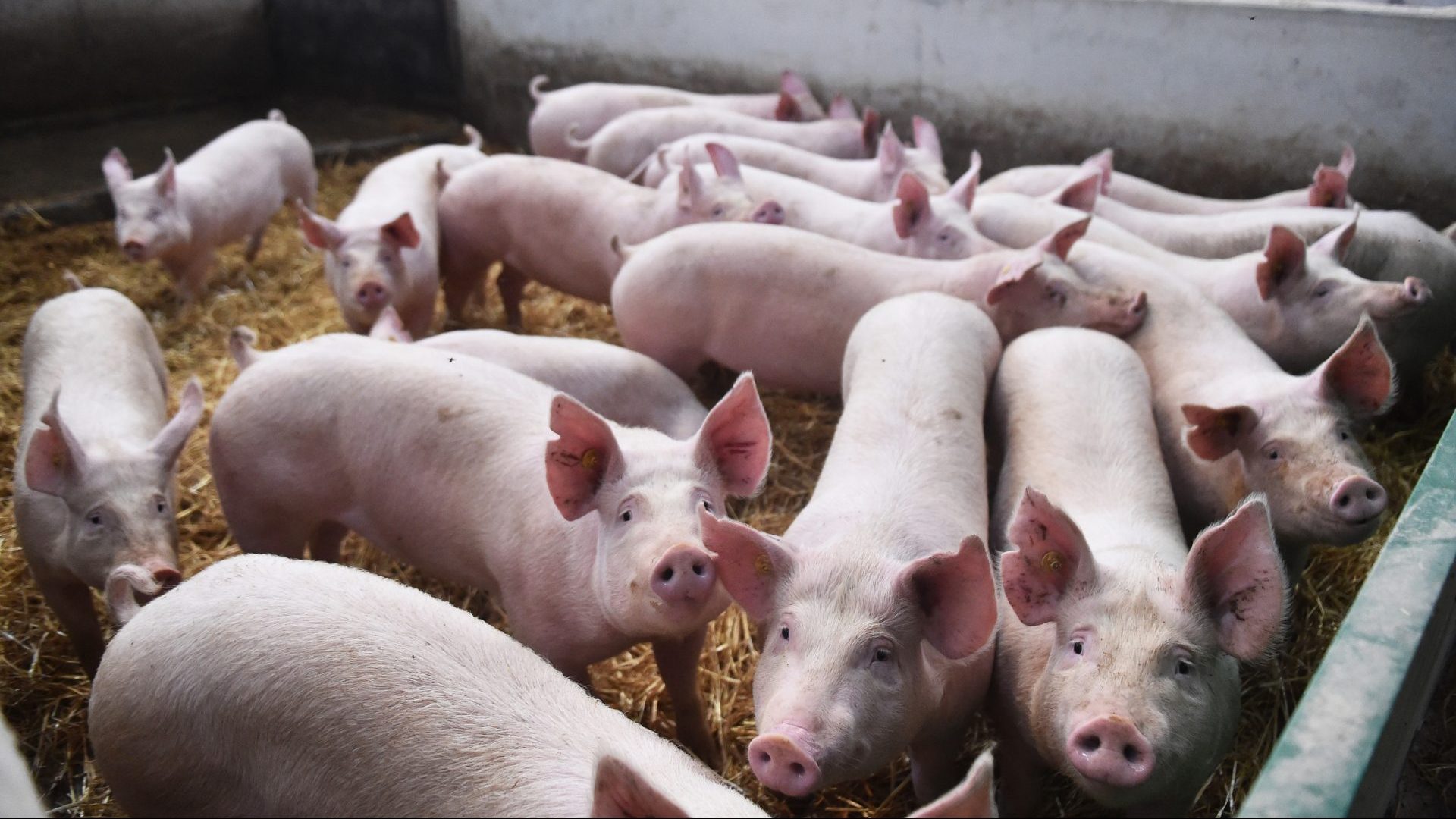The figures are stark. At least 40,000 – the figure is probably much higher – perfectly healthy pigs have so far been culled. More than 200,000 pigs await slaughter. And all in a country which imports 60% of its pork.
And as so often when analysing Britain’s most struggling industries in 2022, the reasons are Covid and Brexit. The pigs are being killed and their meat wasted because there is a lack of butchers to process them. Prior to Covid and Brexit the British pig industry was heavily reliant on labour from, primarily, the EU’s eastern member states and, while it was the former which appears to have driven many away, it is the latter which is making it far, far harder for them to be replaced.
The 40,000 is those known about. As the cull is not due to disease there is no requirement for farms to report figures and, due to a combination of reputational damage and fears of attracting animal rights campaigners, an awful lot understandably choose not to do so.
“We can be fairly accurate on the backlog of pigs on farms because the processes will tell us, but we do struggle to be absolutely accurate [on numbers culled] because a lot of it we don’t know about, very sadly,” says a spokesman for the National Pig Association (NPA), the industry’s trade body. Using figures on pig carcass yield, even the low known figure would have produced 35m meals.
The crisis for the industry came in two stages, one which could equate with Covid and the other Brexit. The first was around a year ago, when a combination of workers in processing centres either having Covid or self-isolating due to close contact with those who had, saw the industry “start to get problems with throughput into slaughterhouses”, the NPA spokesman explains.
“Then bizarrely, having thought we’d managed to get through that period last winter and spring, everything opened up in the summer and government estimates were around 1.4m workers went back home to Eastern Europe and other parts of Europe. And the trigger for that may well have been the simple fact they’d had enough of Covid rules, not knowing whether they were coming or going and all the rest of it.”
Then came the challenge of replacing them. Britain’s pig industry has long been heavily reliant on a foreign workforce – 60-80% of the workforce in most large plants, with the largest group coming from the EU’s easternmost member states.
Two routes were available. The government granted 800 temporary visas but no more than 120 foreign workers applied, a similarly low take-up to that of lorry drivers when the government made an emergency offer of employment to avoid empty shelves in the run-up to Christmas. In both cases it appears the temporary nature of the work was unattractive.
The other route is that for skilled workers. Butchery is skilled work – the starting salary is at least £26,000. But the problem taking this route is the English-language requirement is similar to that which would be expected of a doctor or vet (“I absolutely understand why you have higher English-language requirements for those people-facing roles but in manufacturing I think we can be a little more lenient,” the NPA spokesman says).
The Home Office did not recognise the Migration Advisory Committee’s recommendation on butchers joining the official ‘shortage list’ which, if adopted, would have made it easier to recruit from abroad. The advice is due to be reviewed again this year but Priti Patel is not expected to sign off any change, apparently believing, like her boss Boris Johnson, that industries should improve pay and conditions, rather than government being seen to bail them out by providing an influx of labour from abroad.
British workers, however, do not want to chop up meat all day in a cold, wet processing plant. Even the NPA’s own spokesman says: “I think we’ve got to be realistic about the attractiveness of the meat processing industry generally”.
The British pig industry already took a big hit in the late 1990s and early 2000s due to a combination of poor prices, competition from cheap pork imports and export losses following two disease outbreaks (foot and mouth and swine flu). It had never been entirely self-sufficient, but imports at 60% is a record high.
A pig summit was convened last week where a concession from the government was a Slaughter Incentive Payment Scheme which relaxes what can be done with the meat of pigs slaughtered in so-called “extra kills”.
“But what we really need – and, to be fair to the farming minister [Victoria Prentis], she has been very strong on this – is holding each bit of the supply chain to account, so when they sit in those meetings and they say they’ll do X and Y they actually do it,” the NPA spokesman says.
“And the main focus has got to be getting the pigs off the farms. It’s not the farmers’ labour shortage that’s causing this, it’s the processors’ shortage. It’s farmers bearing the brunt financially. We’re in a dire situation where people are needlessly killing healthy animals.”
Short of Generation Z turning against type and deciding butchery is the job for them, though, that labour shortage will require a U-turn on allowing the industry to once again recruit relatively freely from the EU. Whether the government will swallow any dilution of its Brexit though, or whether it will simply accept the mass culling of tens of thousands more healthy animals, is the question.











